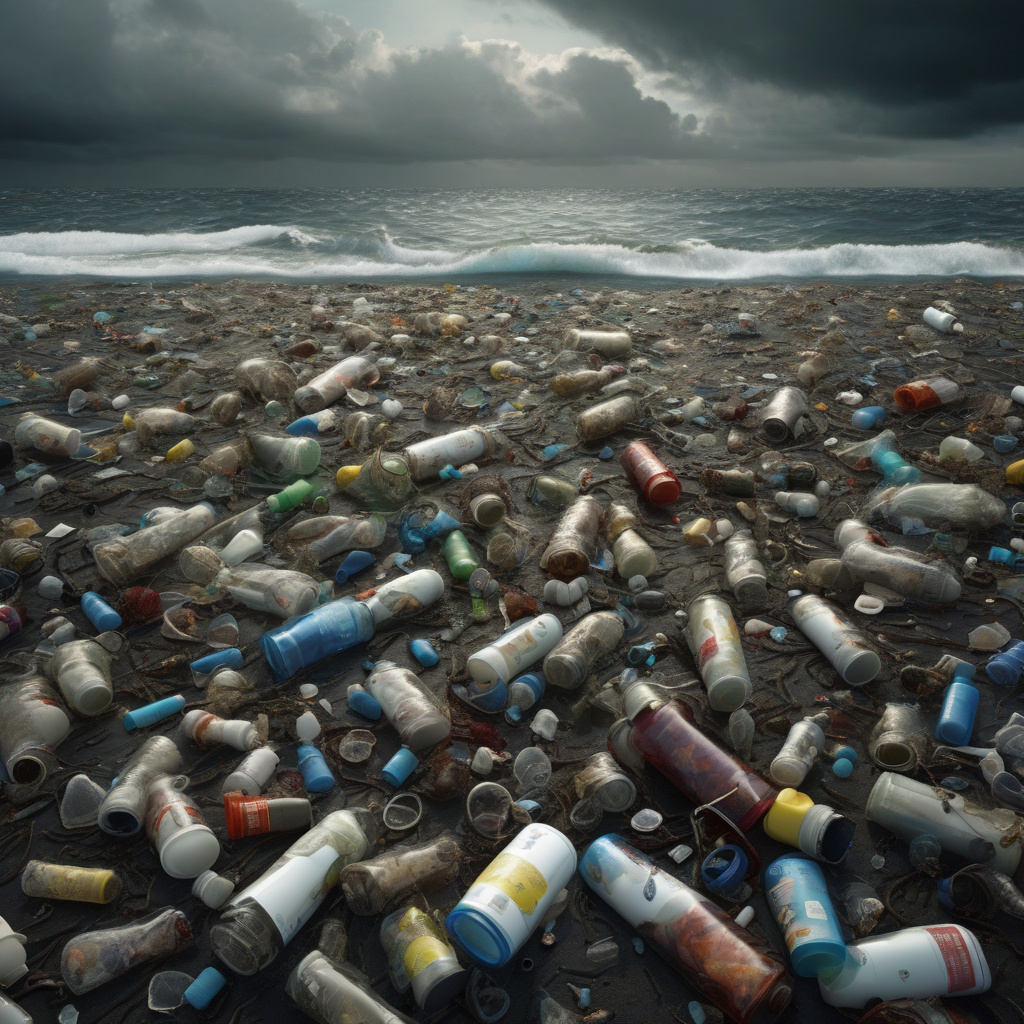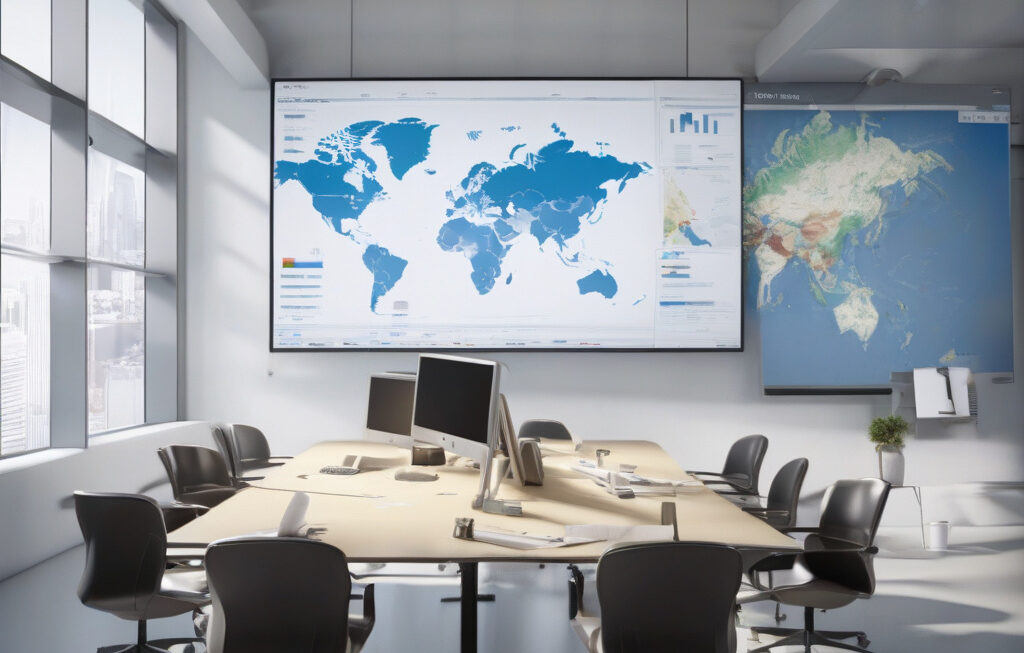A silent crisis is unfolding beneath the surface of our oceans, and it’s worse than many could have imagined. With 27 million tons of plastic waste piling up in the Atlantic Ocean alone, the scale of the issue is staggering. This environmental disaster not only poses a threat to marine life but also highlights the urgent need for innovative solutions to tackle plastic pollution.
The Great Pacific Garbage Patch, a massive vortex of marine debris in the North Pacific Ocean, has garnered significant attention in recent years. However, the accumulation of plastic in the Atlantic Ocean has largely gone unnoticed. The 27 million tons of plastic waste floating in the waters between the Americas and Europe is a stark reminder of the global impact of plastic pollution.
The plastic waste in the Atlantic Ocean is not only an eyesore but also a danger to marine life. Sea turtles, dolphins, and seabirds often mistake plastic debris for food, leading to ingestion and entanglement. The toxins released by decomposing plastic further contaminate the water, posing a threat to the entire marine ecosystem.
Despite efforts to clean up the plastic waste in our oceans, the sheer volume of debris makes it an almost impossible task. Traditional cleanup methods, such as nets and vessels, are ineffective in removing microplastics and fragmented pieces that make up a significant portion of the 27 million tons of plastic in the Atlantic Ocean.
To address this pressing issue, innovative solutions are needed. One promising approach is the development of ocean cleanup technologies that can effectively remove plastic waste, including microplastics, from the water. For example, the Ocean Cleanup project has designed systems that use the natural ocean currents to passively collect plastic debris, offering a scalable and cost-effective cleanup solution.
In addition to cleanup efforts, reducing the production and consumption of single-use plastics is crucial in preventing further pollution of our oceans. Governments, businesses, and individuals must work together to implement policies and practices that promote the use of sustainable alternatives to plastic.
Educating the public about the impact of plastic pollution on the environment is also essential in driving change. By raising awareness and fostering a sense of responsibility towards our oceans, we can inspire collective action to protect marine ecosystems for future generations.
The 27 million tons of plastic waste in the Atlantic Ocean serve as a stark reminder of the urgent need to address plastic pollution on a global scale. By investing in innovative cleanup technologies, reducing plastic consumption, and raising awareness about the issue, we can work towards a cleaner and healthier ocean for all. It’s time to take action before it’s too late.
plastic pollution, ocean cleanup, marine life, environmental crisis, innovative solutions












